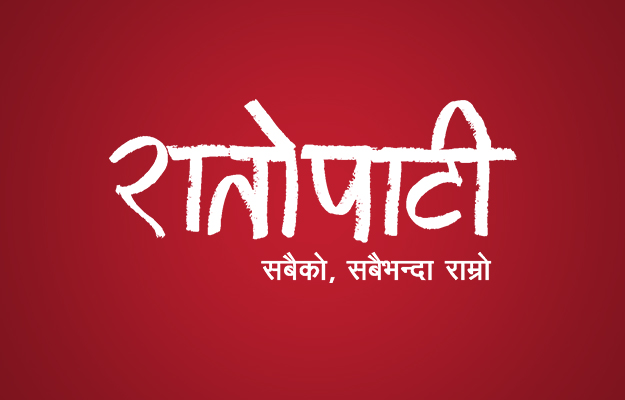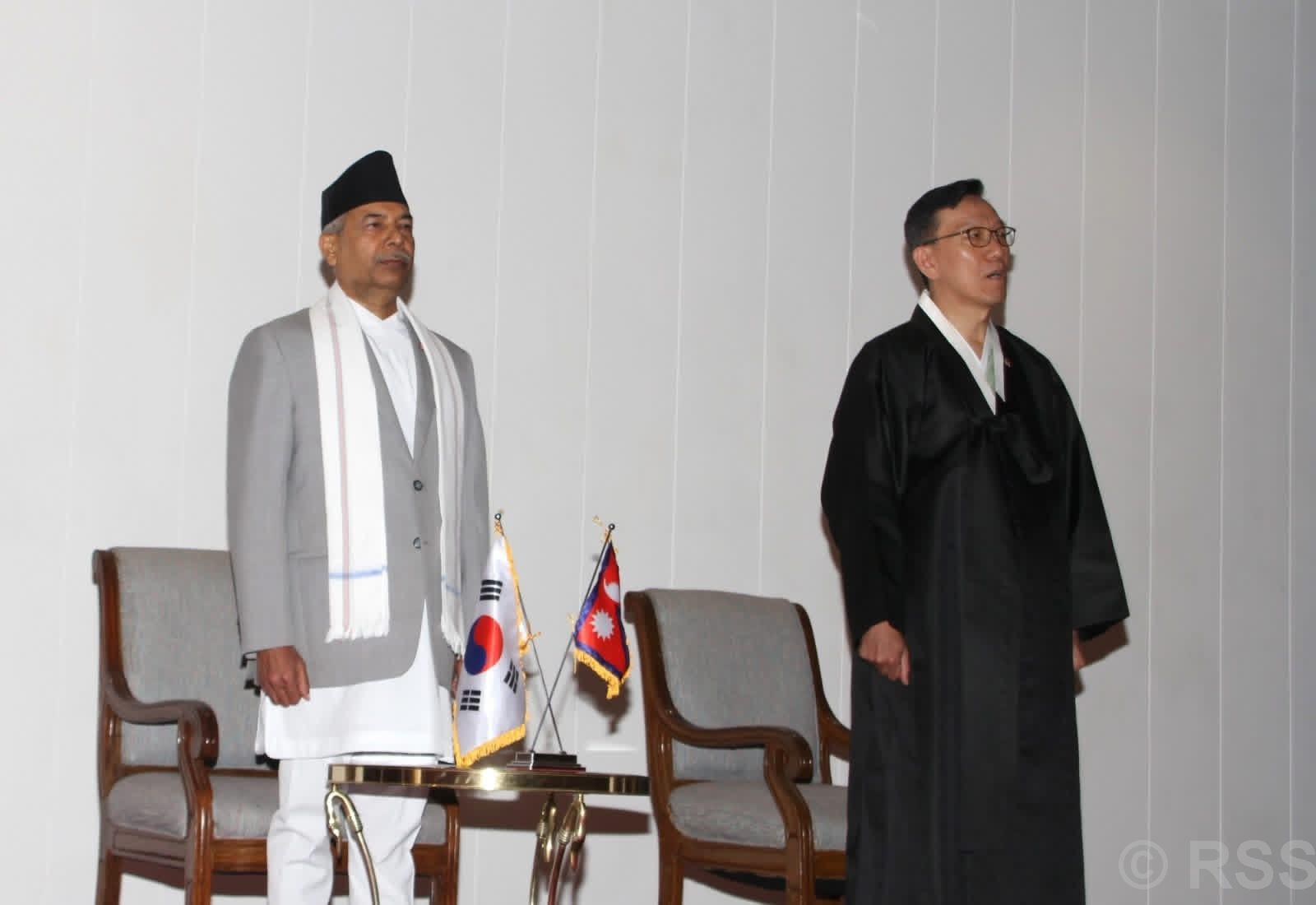Russian forces invade Ukraine
Russian forces have launched a military assault on neighbouring Ukraine, crossing its borders and bombing military targets near big cities.

FEB 24: In a pre-dawn TV statement Russian President Vladimir Putin said Russia did not plan to occupy Ukraine and demanded that its military lay down their arms.
Moments later, attacks were reported on Ukrainian military targets.
Ukraine said that "Putin has launched a full-scale invasion of Ukraine".
Russian military vehicles were said to have breached the border in a number of places, in the north, south and east, including from Belarus, an long-time Russian ally.
A least seven people are known to have been killed, including civilians, but a Ukrainian presidential adviser said that more than 40 soldiers had died and dozens more were wounded.
Ukrainian President Volodymyr Zelensky announced that martial law was now being imposed across all of Ukraine, and then severed all diplomatic relations with Russia.
"No panic. We're strong. We're ready for anything. We'll defeat everyone, because we are Ukraine," he said in a video statement. Ahead of Russia's attack he had made a last-ditch attempt to avert a conflict, warning that Russia could start "a major war in Europe" and urging Russian citizens to oppose it.
Warning sirens blared across the capital, which has a population of almost three million.
Traffic queued to leave the city during the night and crowds sought shelter in Kyiv's underground metro stations. Several neighbouring countries have begun preparations to take in a large number of refugees.
"We don't understand what we should do now," one woman called Svetlana told the BBC. "We're now going to a place where we can be safe and we hope we can leave safely. We have family in Mariupol and now they're very nervous."
One man was killed when Russian forces shelled the town of Chuhuiv, outside the major city of Kharkiv.
What Russia has targeted
Russia first launched strikes on Ukraine's military infrastructure and border guard units, according to Mr Zelensky. Then Ukrainian forces said Russian military vehicles had crossed the border at Kharkiv in the north, Luhansk in the east, Russian-annexed Crimea in the south and from Belarus too.
Russian forces also reportedly landed by sea at Ukraine's major port cities of Odesa on the Black Sea and Mariupol on the internal Sea of Azov.
Ukraine's army said Kyiv's Boryspil international airport was among a number of airfields that had been bombed, along with military headquarters and warehouses in the big cities of Kyiv, Dnipro, Kharkiv and Mariupol.
Mr Zelensky said Russia had positioned almost 200,000 troops and thousands of combat vehicles on Ukraine's borders.
'Unprovoked and unjustified'
The Russian leader launched the "special military operation" by repeating a number of unfounded claims he has made this week, including alleging that Ukraine's democratically elected government had been responsible for eight years of genocide.
He said the goal was demilitarisation and "denazification" of Ukraine. Hours earlier Ukraine's president had asked how a people who lost eight million of its citizens fighting Nazis support Nazism. "How could I be a Nazi?" said Mr Zelensky, who is himself Jewish.
There was an immediate response to the invasion from neighbouring countries.
In the Baltic republic of Estonia which borders Russia, Prime Minister Kaja Kallas said a number of Nato allies that shared borders with Russia had agreed to launch consultations under Nato's Article 4. Under the defensive alliance's treaty, Nato can be brought together if any member fears their independence or territory is under threat.
"Russia's widespread aggression is a threat to the entire world and to all Nato countries," she said.
As cars queued on Ukraine's border with Moldova, the country's pro-EU president, Maia Sandu said she was declaring a state of emergency and was prepared to give help to tens of thousands of Ukrainians. Lithuanian President Gitanas Nauseda also said he was signing a state of emergency to be approved by parliament.
"President Putin, in the name of humanity, bring your troops back to Russia," said UN Secretary-General António Guterres.
Ukraine's Western allies had repeatedly warned that Russia was poised to invade, despite repeated denials from Moscow. The US, EU, UK and Japan imposed sanctions against leading Russians, Russian banks and MPs who backed the move.
US President Joe Biden said Washington and its allies would respond to the invasion in a united and decisive way to "an unprovoked and unjustified attack by Russian military forces" on Ukraine. "The world will hold Russia accountable," he added.
European Commission Chief Ursula von der Leyen said the EU stood with Ukraine while foreign policy chief Josep Borrell said "these are among the darkest hours for Europe since World War Two".
The EU's 27 leaders were due to hold an emergency summit meeting later on Thursday.
UK Prime Minister Boris Johnson said he was "appalled by the horrific events in Ukraine" and that President Putin "has chosen a path of bloodshed and destruction by launching this unprovoked attack".
"Together with allies, we will respond to this barbaric act of aggression," said Czech Foreign Minister Jan Lipavsky.
Why Russia invaded
Earlier this week Russia's president announced he was recognising the independence of two self-proclaimed people's republics of Donetsk and Luhansk in eastern Ukraine.
The breakaway regions were seized by Russian-backed rebels after Russia invaded Crimea in 2014. Mr Putin launched that attack after mass street protests in Ukraine that ousted pro-Russian President Viktor Yanukovych.
Since then more than 14,000 people have died in the east in a conflict between the rebels and Ukrainian forces. A shaky ceasefire had held but there has been a surge in violations in recent days.
Mr Putin said the military operation's objective was to defend the people in the breakaway areas.
Kyiv and its Western allies have repeatedly rejected as absurd Mr Putin's claims that Ukraine was being run by neo-Nazis, instead pointing out that Ukraine was now a nation with growing democratic institutions, unlike an authoritarian Russia.
Fears of a Russian attack have been rising for months.
Mr Putin has repeatedly accused the US and its allies of ignoring Russia's demands to prevent Ukraine from joining the Nato military alliance and offer Moscow security guarantees.




Leave Comment